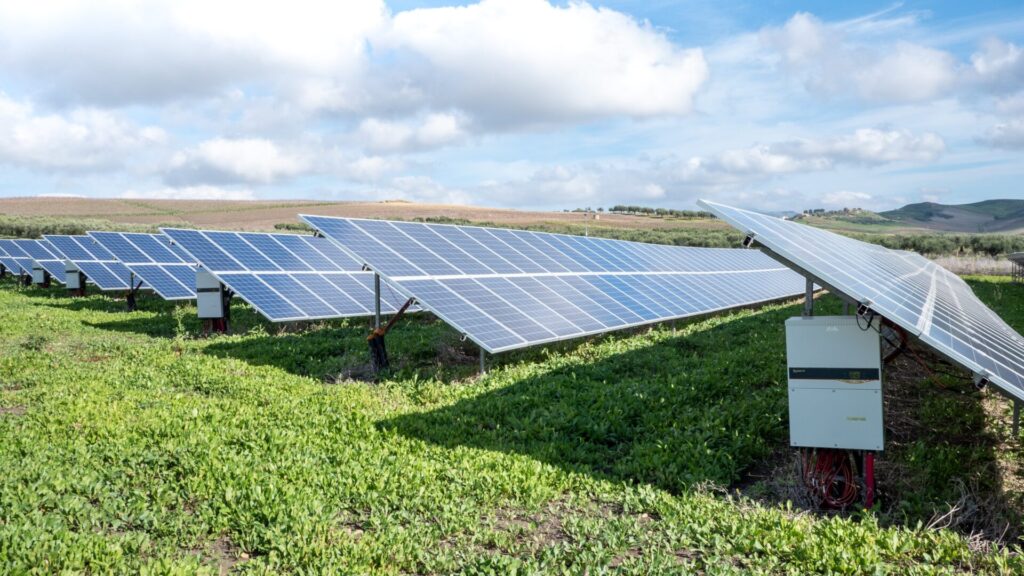Reducing its carbon footprint is an important goal for businesses to contribute to environmental sustainability. We are lucky that the farm where our office is situated is very aware of the environmental impact it has. They have a biomass boiler, EV charging points, and supply toilet paper that is recycled and has no plastic packaging.
If you would like to make some changes, here are some strategies you can implement to reduce your carbon footprint:
Energy efficiency
Improve energy efficiency by implementing measures such as LED lighting, smart thermostats, and energy-efficient appliances. Carry out an energy audit to identify areas of improvement and invest in energy-efficient technologies. Make sure everything that can be is switched off when not in use.

Renewable energy sources
Transition to renewable energy sources like solar or wind power for electricity generation. Installing solar panels on rooftops or purchasing renewable energy credits will all help to offset fossil fuel-based energy consumption.

Sustainable transportation
Encourage your employees to use public transport, carpool, or bike to work. Offer incentives such as subsidies for public transport passes or bike-sharing programs. Incorporate electric or hybrid vehicles into the company fleet and install EV chargers.

Waste reduction
Implement waste management strategies such as recycling programs, composting, and reducing single-use plastics. Encourage employees to minimize paper usage through digital communication and document management systems.
Supply chain optimization
Collaborate with your suppliers to reduce emissions throughout the supply chain. Consider partnering with suppliers who prioritize sustainability and eco-friendly practices.
Telecommuting and virtual meetings
Promote remote work opportunities and encourage virtual meetings to reduce the need for travel. There are plenty of video conferencing tools, especially since lockdown, not only do they save time but also minimize business travel.

Sustainable packaging
If you are a retail or wholesale business opt for sustainable packaging materials, such as biodegradable or recycled materials. Reduce excessive packaging and use packaging materials that are lightweight to minimize shipping emissions.
Employee engagement and education
Educate your employees about the importance of reducing their carbon footprint and involve them in sustainability initiatives. Encourage everyone to turn off lights and electronics when not in use, and provide resources for employees to learn about sustainable practices.
Carbon offsetting
Invest in carbon offset projects to compensate for unavoidable emissions. Support projects like reforestation, renewable energy development, or methane capture to offset the carbon footprint of the business.
Continuous monitoring and reporting
Regularly measure and monitor the carbon footprint of the business using tools and software designed for carbon accounting. Set reduction targets and track progress over time. Transparently report on carbon emissions to stakeholders, showcasing the business’s commitment to sustainability.
By adopting these strategies, you can make significant progress in reducing your carbon footprint and contribute to a more sustainable future.
Make sure you promote your green credentials as many people will actively look for businesses who are ethically aware and sustainable.
